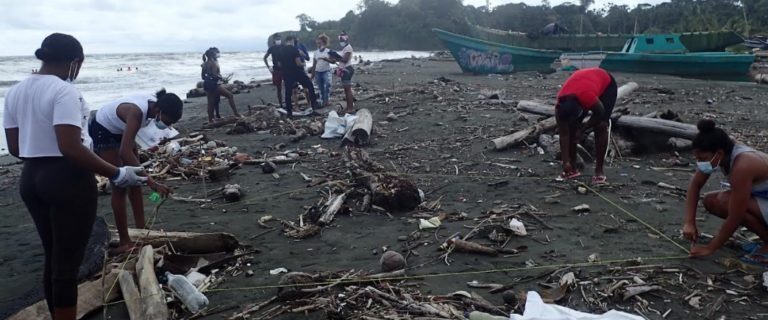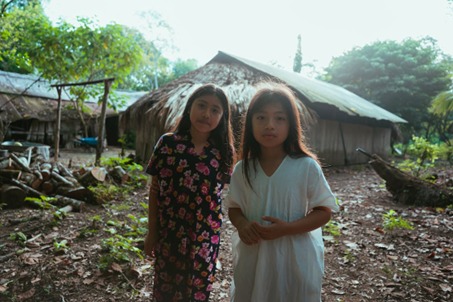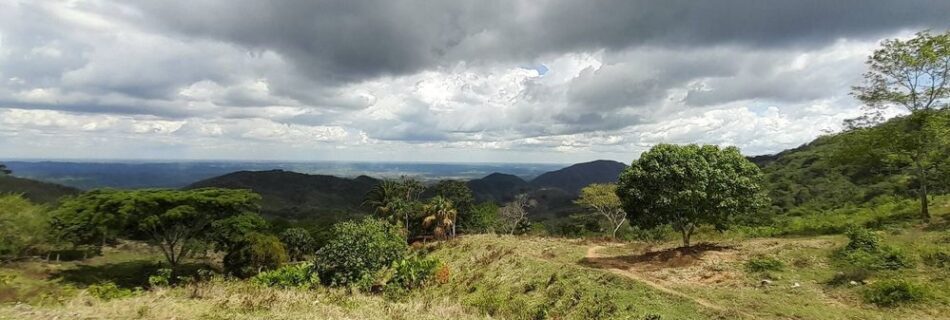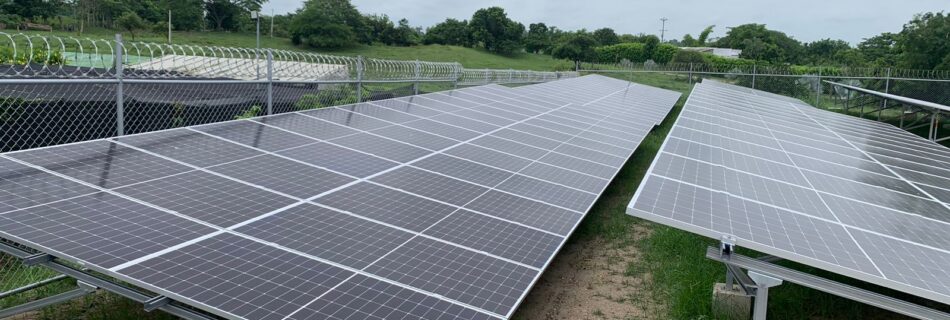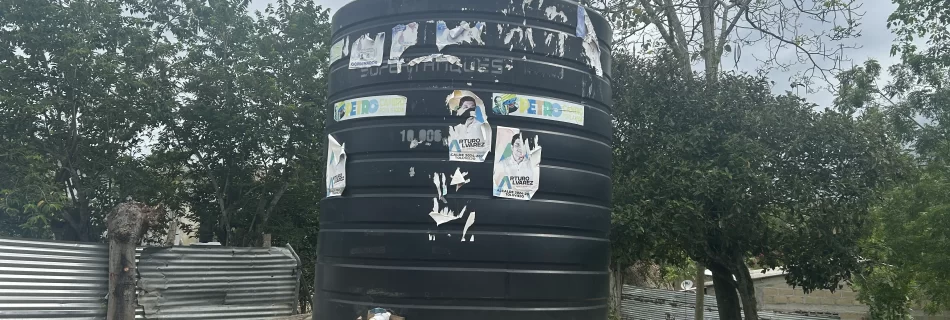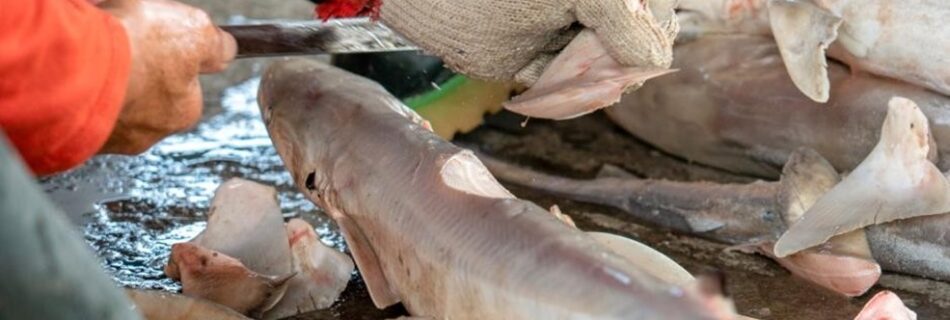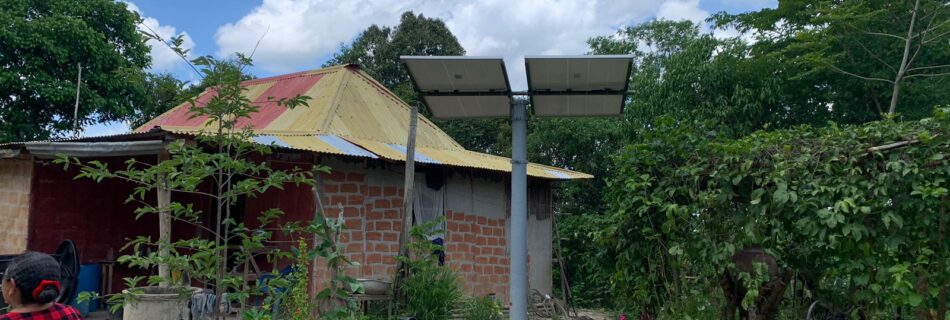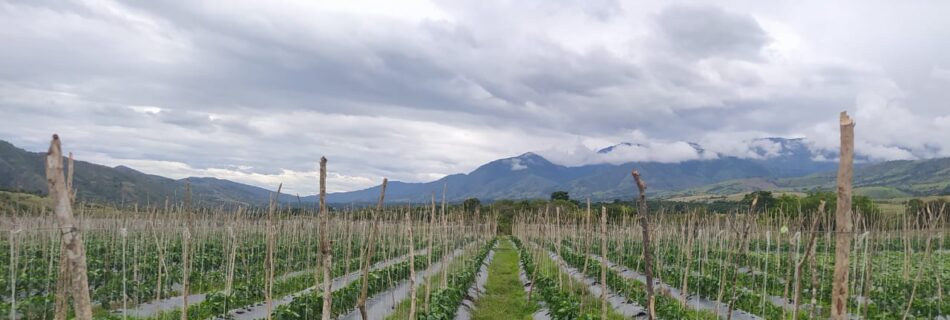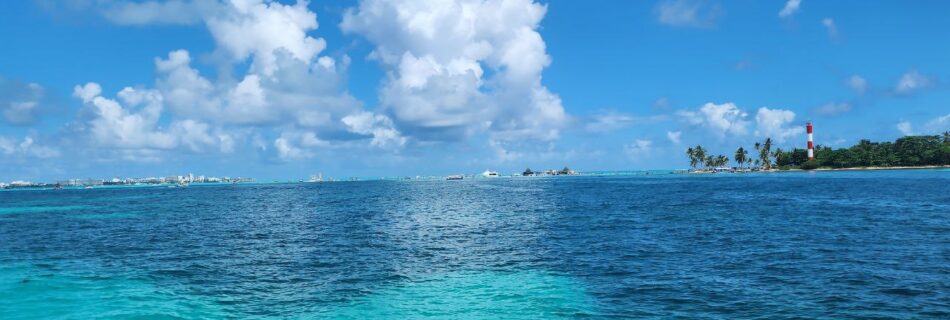ENVIRONMENTAL REGULATION PROGRAM FOR THE REDUCTION OF THE IMPACTS OF MICROPLASTIC PRODUCED BY TOURIST ACTIVITIES ON THE COLOMBIAN CARIBBEAN COAST
Los microplásticos son contaminantes emergentes con una distribución global amplia y representan un riesgo para la biodiversidad y el sustento de comunidades indígenas en la costa caribe Colombia. Estas partículas son mayormente traídas por los turistas y transportadas por los ríos desde el continente hacia los ecosistemas marino-costeros, en donde se acumulan y afectan su calidad ambiental. El objetivo de este estudio fue evaluar la contaminación por microplásticos en manglares y playas del área marina protegida en el Caribe colombiano. En mayo de 2022, se seleccionaron tres estaciones en los manglares y dos en las playas turísticas, en donde se muestrearon microplásticos en el agua superficial y sedimentos, los cuales se identificaron visualmente bajo el estereoscopio, se contaron para determinar su abundancia y se clasificaron según sus formas. La abundancia de microplásticos fue mayor en los manglares en comparación con las. En ambos ecosistemas, las películas, las espumas y los fragmentos fueron las formas más comunes, relacionándose con la deficiente gestión de residuos domésticos, la baja regulación del turismo y sus residuos y la pesca en la zona. Este estudio realizado por parte del equipo Ecoceanos aporta al conocimiento sobre la distribución, la abundancia y las características de los microplásticos en manglares y playas de la región, para generar conciencia ambiental sobre sus riesgos y promover acciones sostenibles que permitan prevenir y mitigar sus impactos negativos, especialmente, en las áreas marinas protegidas involucrando a las comunidades indígenas y a las sociedad civil garantizando así el bienestar general.

